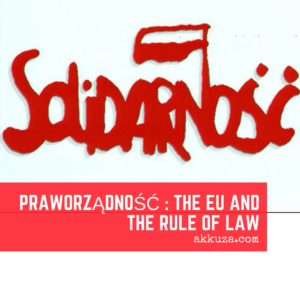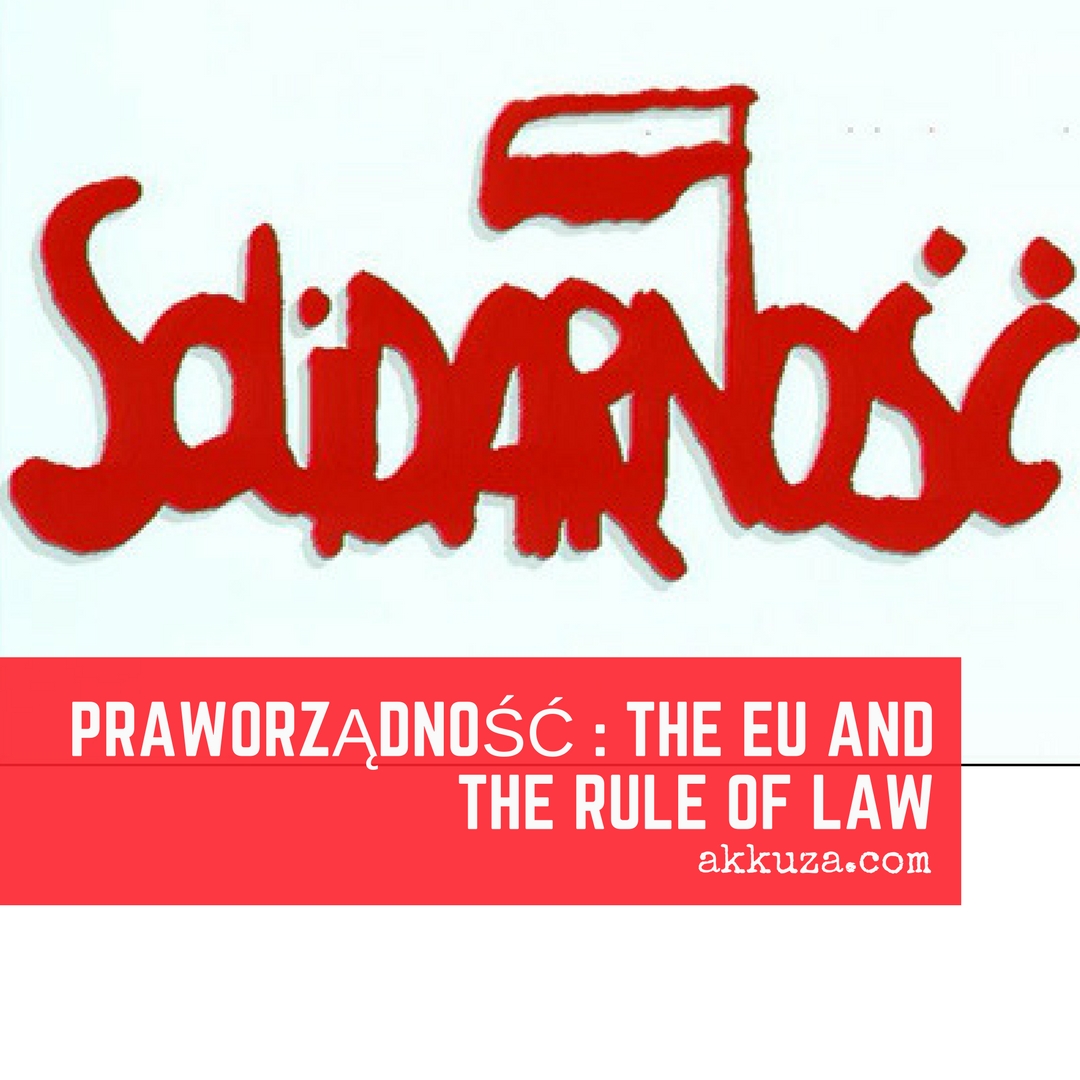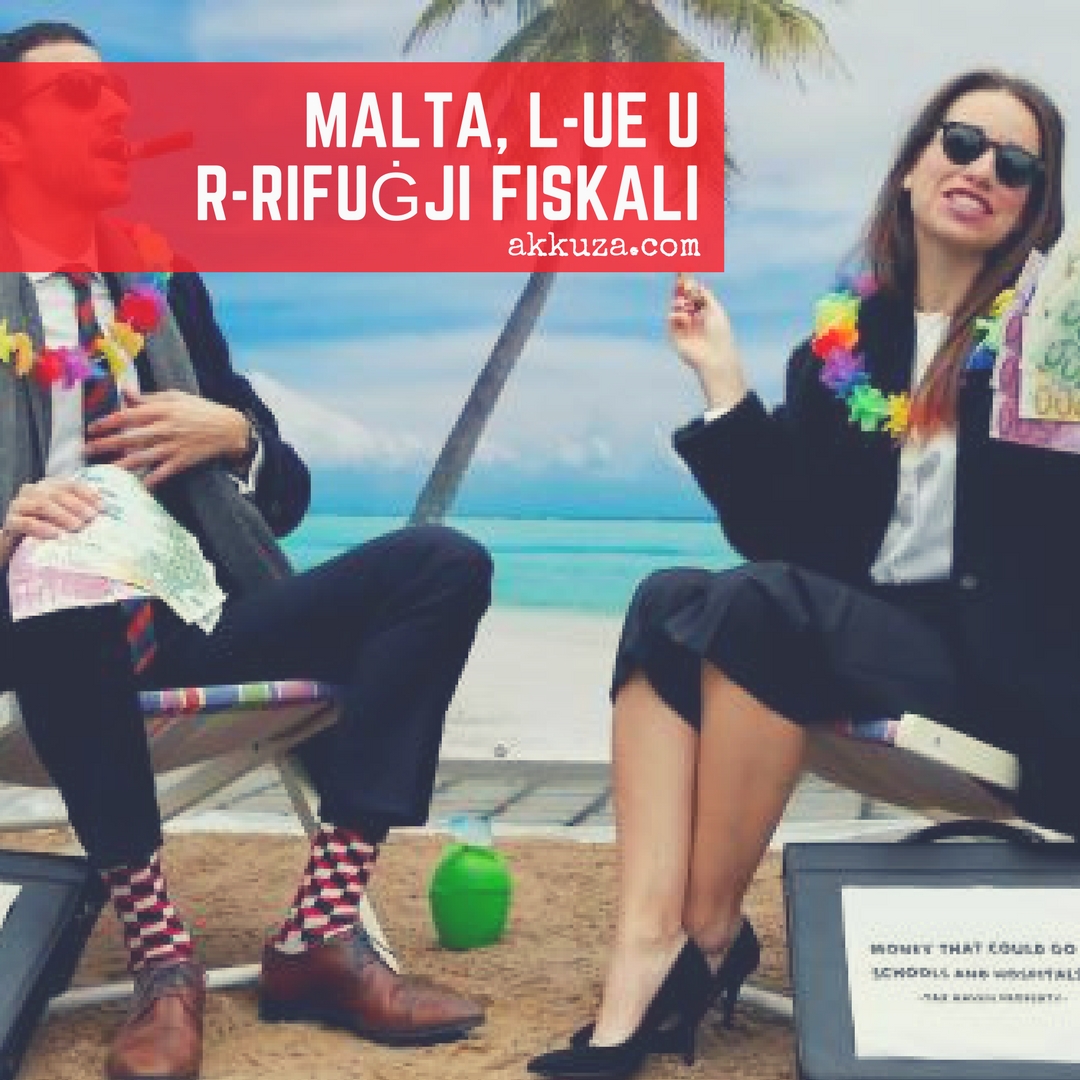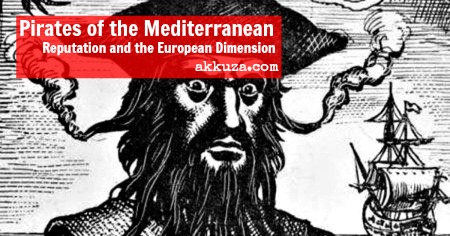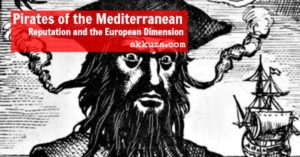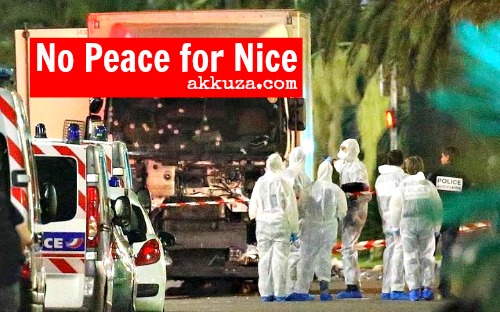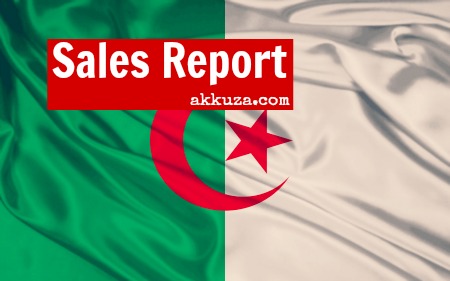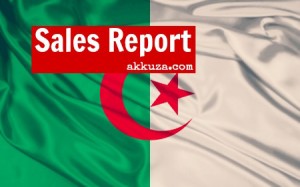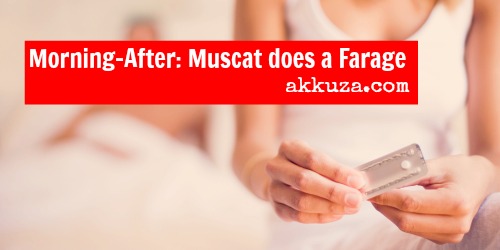
Malta cannot stop a company from importing a morning-after contraceptive pill that has EU approval, Joseph Muscat said this evening. Speaking at one of the meetings in the Gvern li Jisma series, the Prime Minister said he was not in a position to make moral statements, but to speak to the experts. In this case, the expert was the Medicines’ Authority, whose reply had actually surprised him, Dr Muscat said.
Then people actually wonder why Joseph Muscat gets compared to Nigel Farage. Here’s why. On the contraception pill our Prime Minister practically implied that Malta would be obliged by the EU to sell the “morning-after” pill over the counter (I don’t think anybody would be obliged to import a pill if the intention were not to sell it).
Using the EU as a monster that forces states to do what they do not want to do in their sovereign competencies is exactly what Farage did.
The truth is that following a recommendation by the European Medicines Agency (based in the UK incidentally) in 2014, the European Commission issued a decision in 2015 switching the status of two morning after pills from prescription to non-prescription. This decision DOES NOT LEGALLY BIND member states and in fact Malta still neither registers nor sells such pills. Countries such as Italy have for some time attached a further condition before allowing over the counter sale (pregnancy test). (source)
Switching the debate to whether the EU obliges Malta to decide on the matter is tantamount to washing ones hands of the decision. This is not the kind of decision making that one would expect from a progressive and pro-Europeanist Prime Minister.
“In November 2014, the European Medicines Agency’s (EMA) Committee for Medicinal Products for Human Use (CHMP) recommended a change in classification status from prescription to non-prescription for UPA ECPs, meaning that the drug could be obtained without a prescription in the EU. Following the EMA´s assessment, in January 2015, the European Commission issued an implementing decision that UPA ECPs should be available without a prescription, amending the marketing authorisation granted in 2009 for UPA ECPs.
While the European Commission’s decision is not legally binding and does not create new obligations to the EU Member States with regards to EC accessibility, in most EU countries, the decision is being followed, and UPA ECPs are available directly in the pharmacies or are in the process of becoming available. At the end of November 2015, the situation regarding ECPs in the EU was the following:
UPA ECPs are available without prescription in Austria, Belgium, Bulgaria, Croatia, Cyprus, Czech Republic, Denmark, Finland, France, Germany, Greece, Ireland, Italy, Luxembourg, Poland, Portugal, Romania, Slovakia, Slovenia, Spain, Sweden, Netherlands, and the United Kingdom. Age restrictions have been set in at least 3 countries: Croatia and Italy (for women younger than 18) and Poland (for women younger than 15).
In the Baltic subregion, the new marketing authorisation is being processed in Latvia, Lithuania, and Estonia, and UPA ECPs are expected to be available by 2016.
In Hungary, in January 2015, the government decided that because of patient safety considerations, it will continue to require prescriptions for all types of EC.
In Malta, LNG ECPs and UPA ECPs are not registered or available.
LNG ECPs remain a prescription drug in Hungary and Poland. In Croatia and Italy since October 2015, at least one brand of LNG ECPs is registered as prescription- free products.”
The decision of whether the morning after pill is available over the counter remains a national prerogative. It is a decision that must be taken at a national level. Sure, it must be informed by the EU Commission decision recommending over-the counter sales that is the result of a recommendation by a specialised agency but this does not undermine the fact that it is ultimately a national decision of which our government cannot wash its hands.
Washing his hands and blaming the EU monster is dishonest and untruthful to begin with. It also unmasks the real level of commitment that Muscat has both to progressive and Europeanist ideas.
We need more fact-based politics and less untruths. Otherwise we might as well have a comedian like Farage running our country irresponsibly.
ADDENDUM (from Facebook):
James Debono asks:
I am no expert on importation of medicines and laws regulating them. On a political level it would be wiser not shift buck to EUon such matters and assume responsibility. That is the non technical argument. I say this cause am completely in favour of morning after and wary of shifting arguments to EU on sensitive issues. So I can see your political point. That said the pill is available in all EU countries with differences being on need of prescription etc. I am under impression that local medicines authority has to authorize it at some point. My technical question is whether local authorities can stop any medicine from being imported without submitting a legal ground to do so (and thus expose themselves to a legal challenge) Does such a step (to ban this particular brand of morning after pill) require the approval of new legislation to justify any decision to ban it locally (and thus not open state to legal challenge)? So technically muscat seems to be saying we are not going out of the way to stop this pill on irrational grounds (while politically passing buck on single market)?
Thank you James Debono. Let me begin by stating that my post was not a position on whether the pill should or should not be available. I was simply stating that the buck should not be passed onto the EU when it is evidently not the case.
I will try to answer your question as best as I can. First of all the issue of marketing and sale of Medicines is a special field of EU law that in some cases requires special implementation of the general principles of free movement of goods. IN essence the idea is to create a single market insofar as medicinal products are concerned but the basic directive also recognises differences in MSs (member states) on certain issues.
The general principle is that a registered product should be marketable in all the EU. That is when an EU-wide license is issued. In other cases MS specific authorities (NCA’s) have the power to issue or refuse national licenses. This occurs for different reasons all of which boil down to public policy.
It is important to realise that the European Medicine’s Agency is responsible for scientific research and study of all products. All EU states benefit from the investment made by a centralised agency to vet medicincal products and this obviously avoids replication over 28 MSs.
Now for the national agency. They are entitled to refuse to license certain products including morning after pills.
You should be looking at Directive 2001/83 of the European Parliament and of the Council of 6 November 2001 on the Community code relating to medicinal products for human use. Particularly its article 4(4) which states: “This Directive shall not affect the application of national legislation prohibiting or restricting the sale, supply or use of medicinal products as contraceptives or abortifacients. The Member States shall communicate the national legislation concerned to the Commission.”
So in answer to your question: “whether local authorities can stop any medicine from being imported without submitting a legal ground to do so?” The answer is yes since the actual point is that local autorithies cannot be obliged to license certain categories of drugs/medicines.
Link to the Directive.
Link to the Commission decision advising Member States to allow over the counter prescription.
Additional reading.
